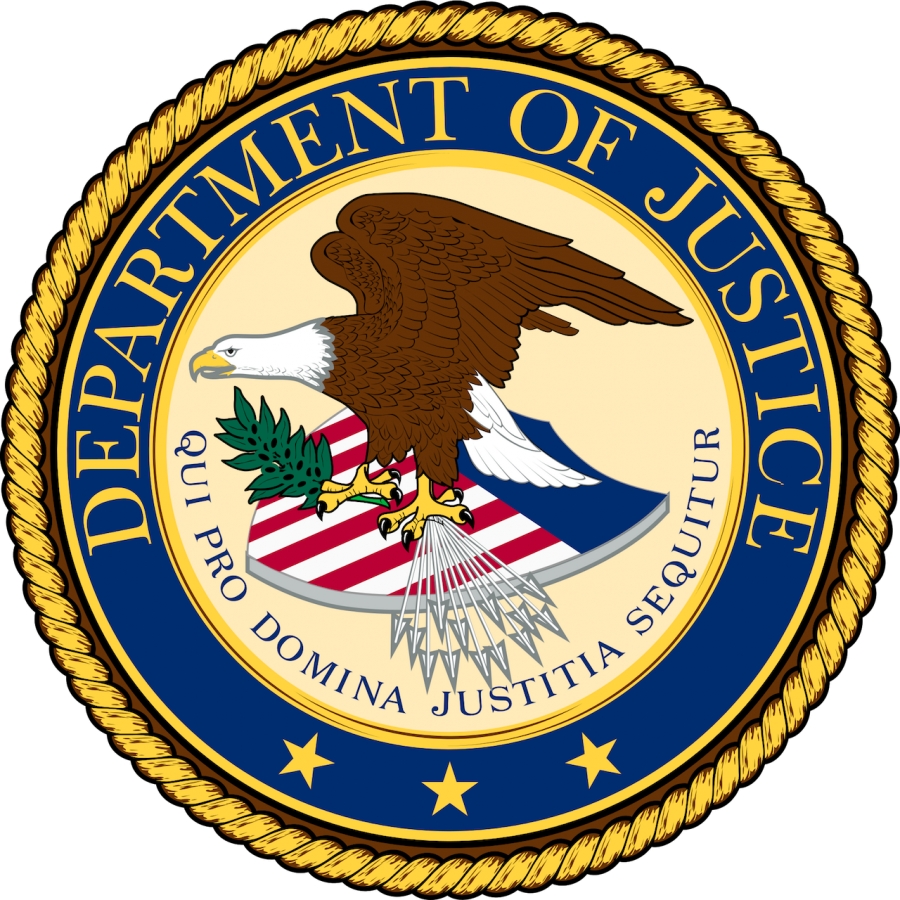An Enfield man will have a hearing on his revocation of supervised release Monday, according to documents filed in the federal court record.
Antonio Nicholson is scheduled to appear before Chief Judge Terrence W. Boyle at 2 p.m. in Raleigh.
Nicholson was remanded to federal custody earlier this month after he was arrested on drug charges June 20.
An unsealed motion for revocation on an offender under supervised release warrant request shows Nicholson was sentenced federally on July 11, 2011, for conspiracy to distribute and possess with intent to distribute 50 Grams or more of crack and a quantity of marijuana.
He was sentenced to 210 months of prison time and 60 months of supervised release which began on June 15, 2018.
The warrant notes his June 20 arrest, which was made by the Halifax County Sheriff’s Office.
“On June 20, 2019, the defendant committed the offenses of felony possession of marijuana, possession with intent to manufacture, sell, or distribute marijuana, possession of a firearm by a felon, sell cocaine, deliver cocaine, possession with intent to sell or distribute cocaine, and two charges of (maintaining) a vehicle/dwelling for controlled substances in Halifax County, North Carolina.”
The motion says when confronted about his arrest, “the defendant admitted to possessing marijuana but denied that it was for his use and stated he was holding it for someone else.”
Says the motion: “In view thereof, we respectfully petition the court for the issuance of a warrant and recommend that the term of supervision be revoked. It is recommended that this petition and order be placed under seal until execution of the warrant. The purpose of sealing this document is to facilitate officer safety and to disallow the defendant's knowledge of issuance of the warrant.”








